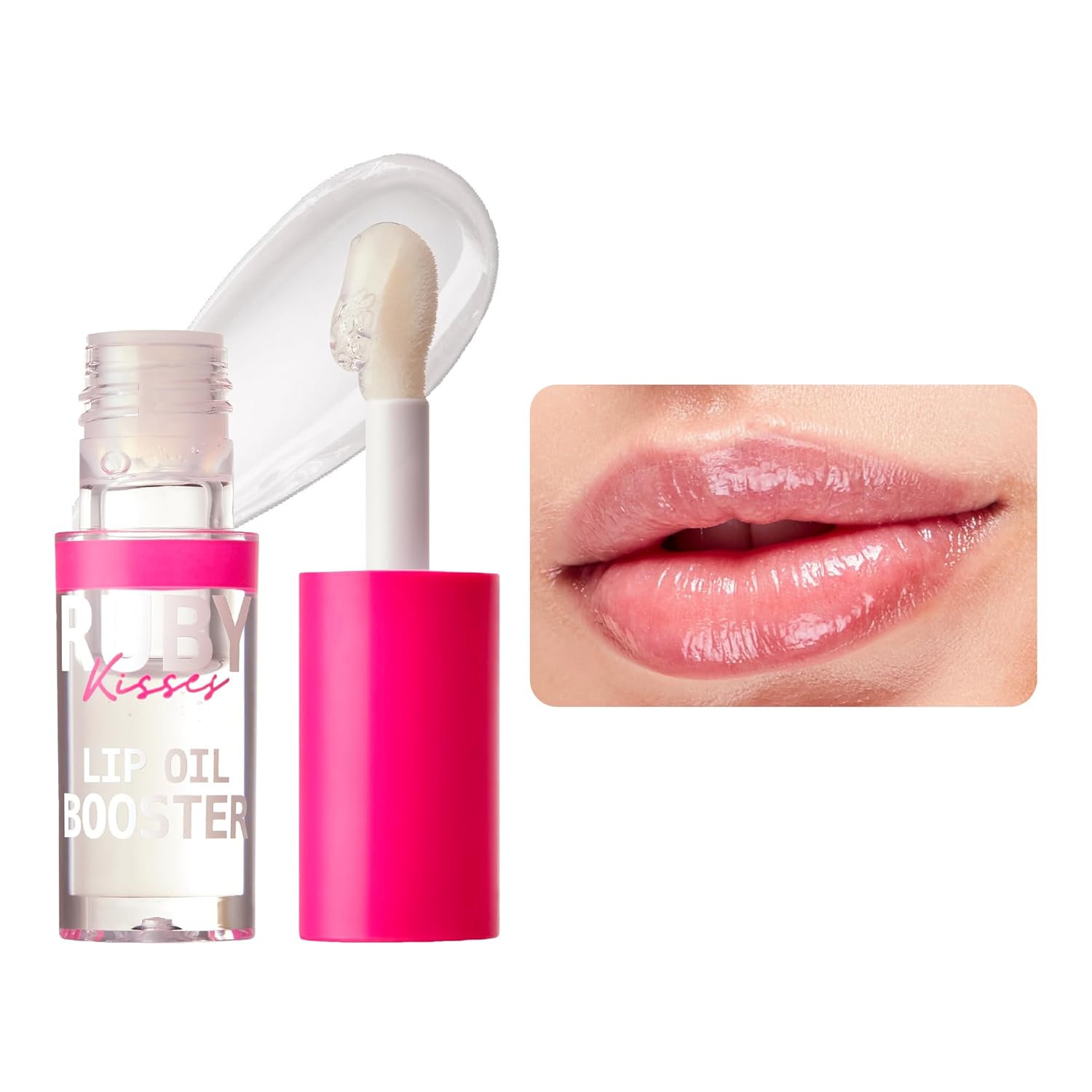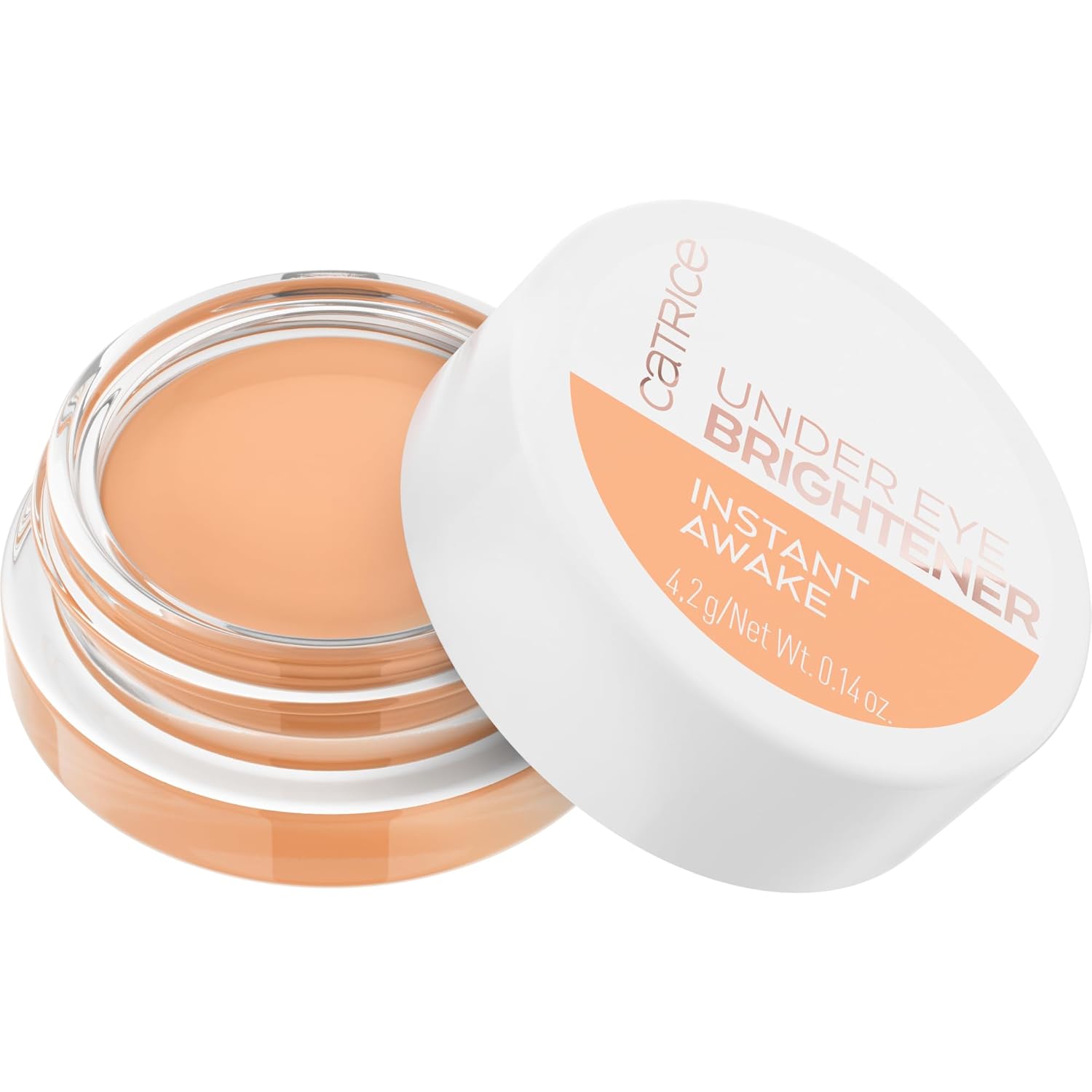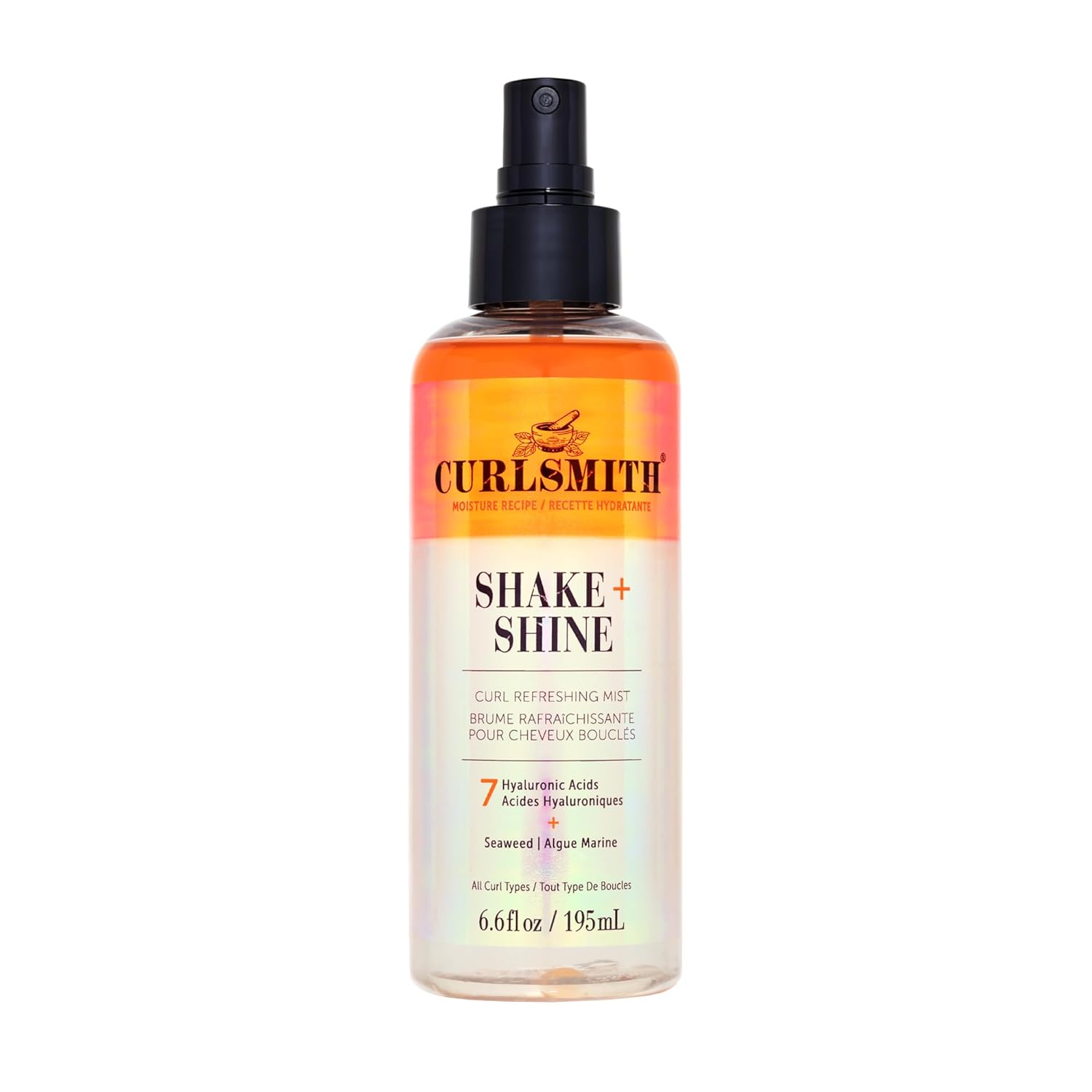
What is propylene glycol?
Propylene glycol is an ingredient that acts as a humectant for hair. Humectants pull moisture from the environment into the hair. They soften the hair and prevent the hair from breaking off to help retain curls.
Although these are great benefits for the hair, some people experience an allergic reaction to propylene glycol on their scalps. It can be hard to find products that are propylene glycol free because it is an ingredient that is found in many different personal care items including shampoos, conditioners and styling products.
Beyond acting as a humectant in hair products, propylene glycol is also used in many personal care products as well as a preservative in food and tobacco products such as e-cigarettes. According to Curl Chemist Tonya McKay it is also used:
-
As a solvent for fragrances and preservatives
-
As an emulsifier or co-surfactant
-
As a solvent for pigments in cosmetics
-
As a preservative, due to its antifungal and antimicrobial properties
-
In deodorants and antiperspirants
-
In hand cleaners and disinfecting gels
-
As a common additive in shaving creams and gels
Signs you have a propylene glycol allergy
- Your skin will itch, burn, and feel tender
- Your scalp may feel dry, and flake
- You can develop a red rash on your hairline, ear, or neck
- Your skin will feel swollen
- The symptoms appear one to two days after you come in contact with the allergen
Once you have confirmation about your allergy, read labels carefully. When you are reading the labels, look for other names that are considered propylene glycol such as:
-
Methyl Glycol
-
Propane-1,2-Diol
-
1,2 Propanediol
-
1,2 Dihydroxypropane
-
2 Hydroxypropyl
-
Trimethyl Glycol
Propylene glycol-free products
If you determine that you do have a propylene glycol allergy you may have to make some adjustments to your product arsenal. Don’t worry, you still have curly product options!Here are twelve products that are propylene glycol-free.
Shampoos
- EDEN Body Works Peppermint Tea Tree Shampoo
- Malibu C Scalp Wellness Shampoo
- Giovanni Wellness System Shampoo
Conditioners
- Jane Carter Nutrient Replenishing Conditioner
- Malibu C Scalp Wellness Conditioner
- Camille Rose Naturals Algae Deep Conditioner
Styling Products
- Mizani True Textures Curl Defining Pudding
- OOuidad Texture Smoothing Frizz and FlyAway Fighter Spray
- OGX Moroccan Curling Perfection Defining Cream
Co-wash Conditioning Cleansers
- Coconut and Hibiscus Co-Wash Conditioning Cleanser
- Camille Rose Naturals Caramel CoWash
- Truly Natural CoWash Cleansing Conditioner
Propylene glycol in steroid creams
If you use steroid ointment to help alleviate the symptoms of eczema or other skin conditions, be sure to check and see if propylene glycol is in the steroid ointment. If propylene glycol is irritating for your skin, the ointment can make your skin condition worse.
If you have eczema and you are looking for a cream that can alleviate your irritated skin without the use of a steroid cream, try Organic Manuka Skin Soothing Cream. Always ask your doctor if it is okay to change your product to help soothe your eczema symptoms. Organic Manuka Skin Soothing Cream is oil based so it has manuka oil and manuka honey, both great ingredients for soothing and healing irritated skin.
Propylene glycol is a safe ingredient as long as it does not irritate or place discomfort on your skin. Be sure to pay close attention to product labels the next time you are shopping for products that are propylene glycol free. Not all products labeled as “natural” are free from propylene glycol.
Do you have a propylene glycol allergy? Tell us what you use in the comments.
What’s next?







Here’s How to Find Out if You Have a Scalp Allergy
The Truth About Propylene Glycol, According to a Chemist
This article was written in 2017 and has been updated for clarity.








